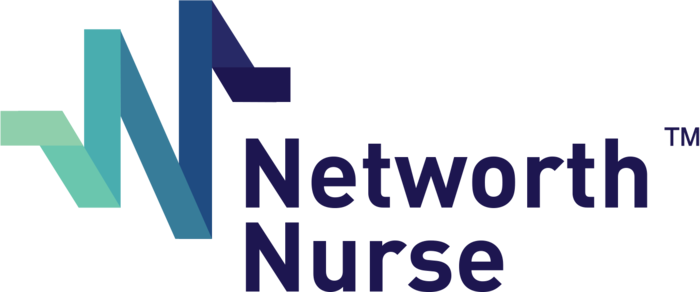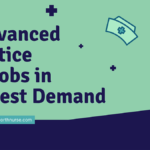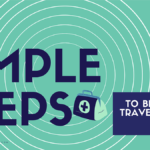Are you a nurse working long hours under stressful conditions, knowing deep down that there has to be a better path out there? Do you want to learn how to achieve financial independence? Strategically investing money into tax-advantaged accounts is a key way to get there. By learning the ins and outs of investing your money into tax-advantaged accounts, you will save more money and ultimately exit the health care rat race with financial stability. This will also leave you with more time to do the things you want and pursue your own dreams.
3 Types of Tax Advantaged Accounts
Tax Deferred
A tax-deferred investment account allows you to invest your money before paying taxes. This type of investing can be done through an employer-sponsored program or on your own. When you don’t have to pay taxes upfront, there is more money to be invested. Over time, the investment grows through repeated contributions and compounding interest. When the time comes to withdraw your money, these funds are taxed as income.
- Traditional IRA – Contributions made to a traditional IRA may be fully or partially deductible, depending on your filing status and income. The contribution limit for 2021 is $6,000 for individuals under 50 years of age and $7,000 for those over 50 years of age.
- 401 (k) – An employer sponsored investment plan where contributions are withheld directly from your wages. The contribution limit for 2021 is $19,500.
- 403 (b) – An employer sponsored investment plan offered by certain tax-exempt organizations. The contribution limit for 2021 is $19,500.
Tax Exempt
In a tax-exempt investment account, your money is taxed before being invested. This means when you withdraw your earnings, you do not pay taxes. You read that right—your investment earnings will be tax-free! This benefit makes a tax-exempt account a fantastic option for any long-term investment plan.
- Roth IRA – Contributions are made with taxable income for those who qualify. Program qualifications are based on tax filing status (married or single) and your modified adjusted gross income (AGI).
- Roth 401(k) – Some employers sponsor this type of investment plan where contributions are taxed, but earnings are tax-free at distribution. Roth 401(k) contributions limits are larger than those in the Roth IRA.
Health Savings Account
A health savings account (HSA) is an employer-sponsored account where contributions are taken directly from your wages as pre-tax earnings. This type of account offers the unique advantage of non-taxable contributions and withdrawals, as long as specified requirements are met. To enroll in an HSA, you must participate in a high-deductible health plan offered by your employer and use money withdrawn from the HSA for qualified health care expenses. If you don’t currently have many medical expenses, you might think that this plan isn’t right for you. However, the HSA gives you the flexibility to use distributions for current or future qualified health care expenses. If you choose to use this account for future expenses, you are given the investment time to grow.
Take the next step toward financial freedom.
By learning how to strategically invest in tax-advantaged accounts, you can better prepare for your future and pave the way to financial independence. Instead of you working for your money, your money will begin working for you. This will ultimately present you with the freedom to leave long nursing shifts behind and start living your best life.
Are you ready to learn more about using tax-advantaged accounts in your journey toward financial freedom? Our courses teach you everything you need to know, and we will be with you every step of the way.





